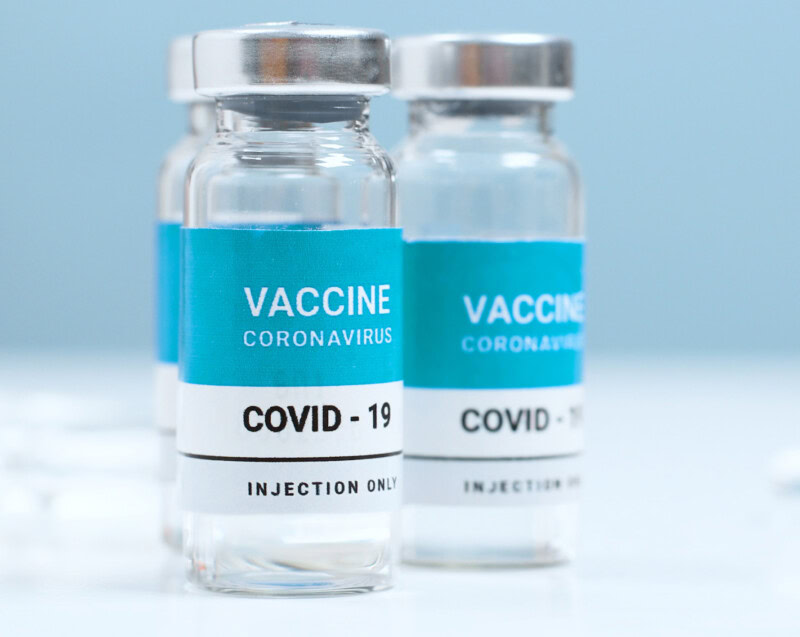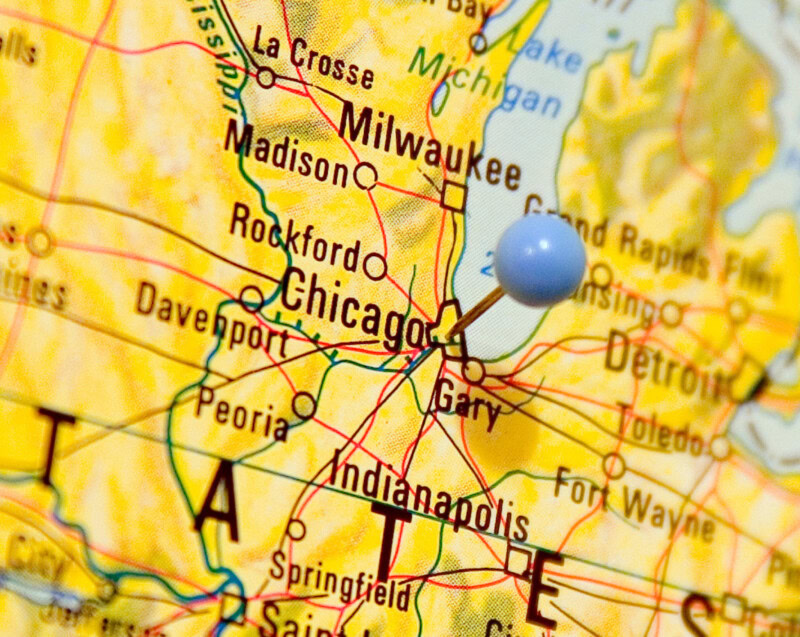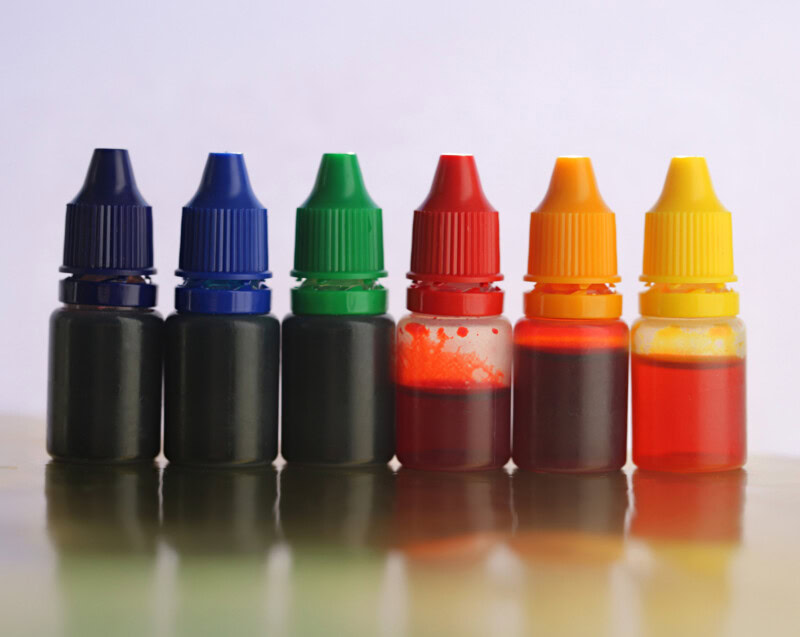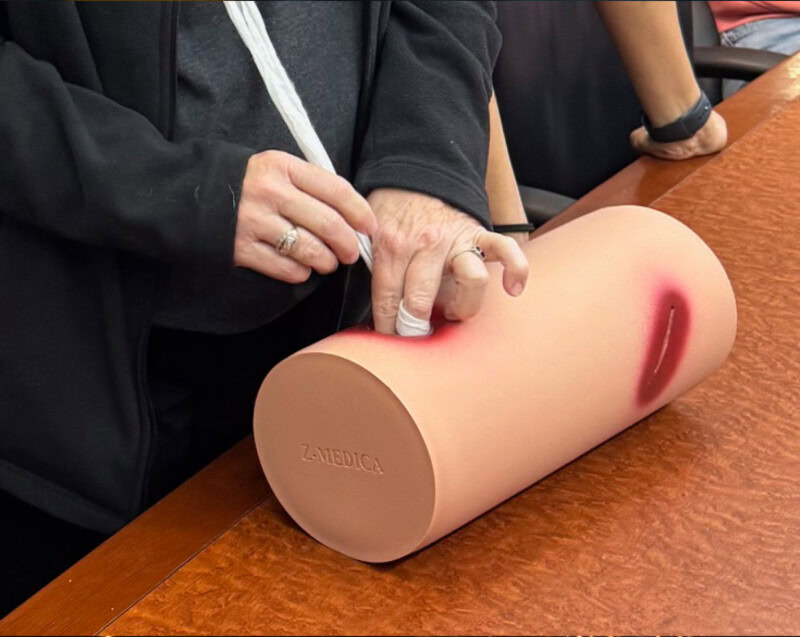COVID-19 booster shots: are they necessary? And, if so, who should receive them?
As of October 21, the CDC has endorsed the FDA’s authorization for booster shots of Pfizer-BioNTech and Modern COVID-19 vaccines in the U.S. It cites studies showing individuals’ waning immunity to COVID-19, particularly considering more infectious variants. It now recommends third doses for certain populations to “stay ahead of the virus and keep Americans safe.”
According to the latest CDC guidance, individuals who received the two-shot Pfizer-BioNTech or Moderna vaccines at least six months prior are eligible for boosters if they are 18 years or older in long-term care settings, have underlying medical conditions, or live or work in high-risk settings. Americans who received the Johnson & Johnson vaccine are eligible if they are 18 years or older—if it’s been at least 2 months since their shot. Regardless of the initial vaccine they received, the CDC notes eligible individuals can get “any of the COVID-19 vaccines authorized in the United States.”
The CDC says booster shots do provide additional protection against COVID-19. However, it reaffirms getting vaccinated is the first, and most, important step Americans can take to reduce their risk of severe disease, hospitalization, or death from COVID-19.
If your organization needs support, CTEH experts offer a holistic approach to pandemic response. Learn more here or contact webquestion@cteh.com to schedule a consultation.
Any scientific or medical information included in this article is current as of the date of publication; however, public health knowledge of COVID-19 is rapidly developing. Readers are advised to monitor national, state, and local public health agencies for current recommendations regarding any infectious disease.




